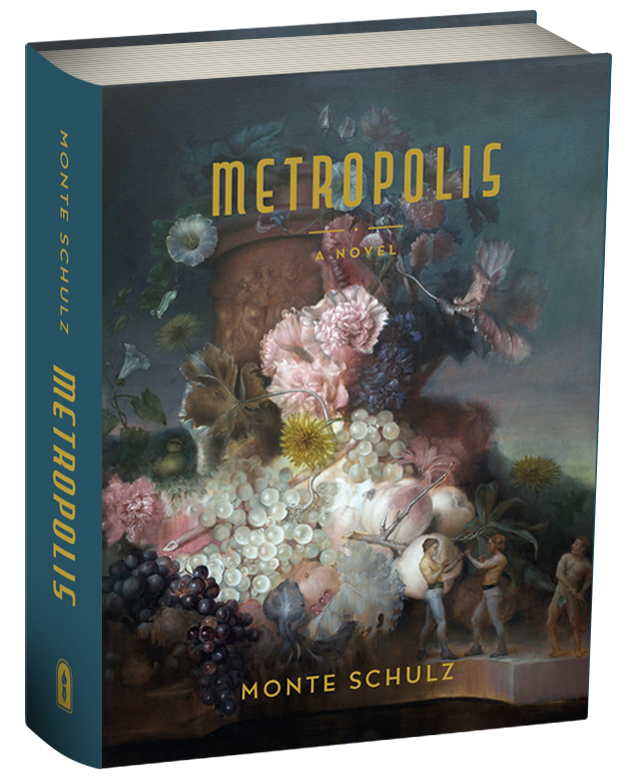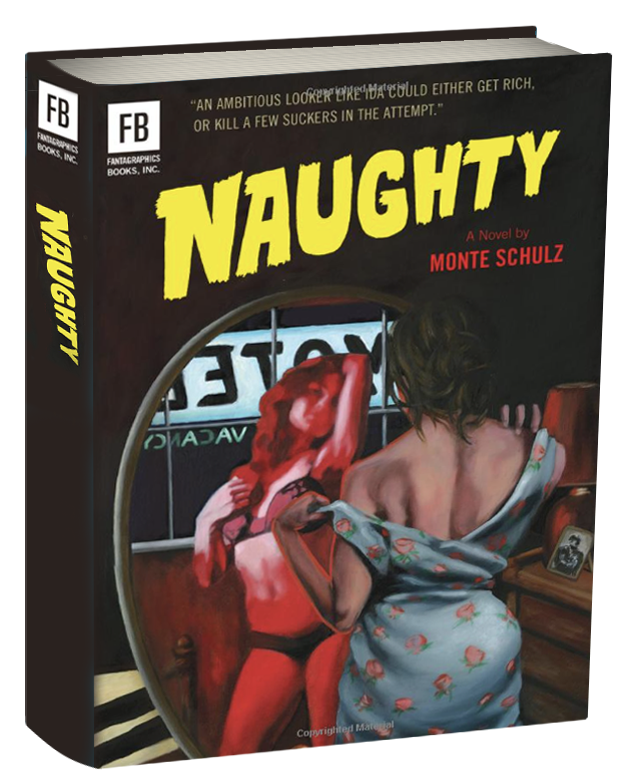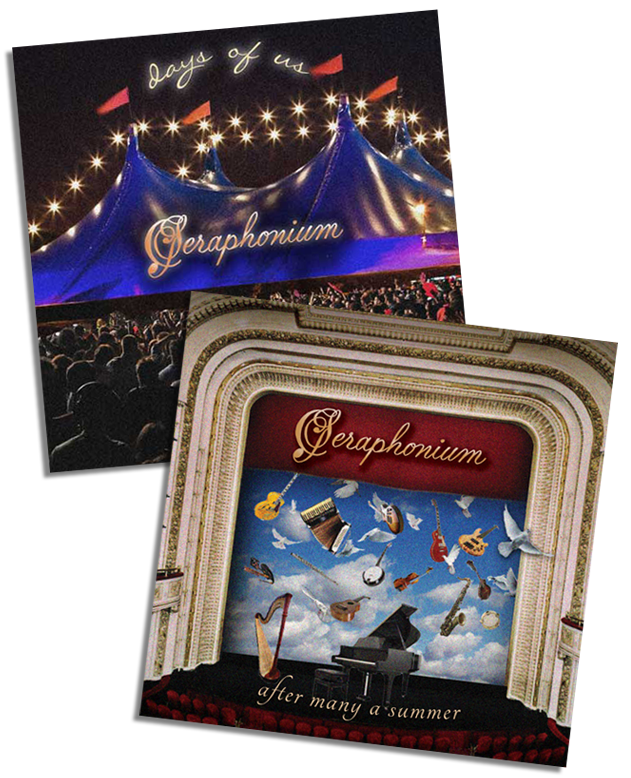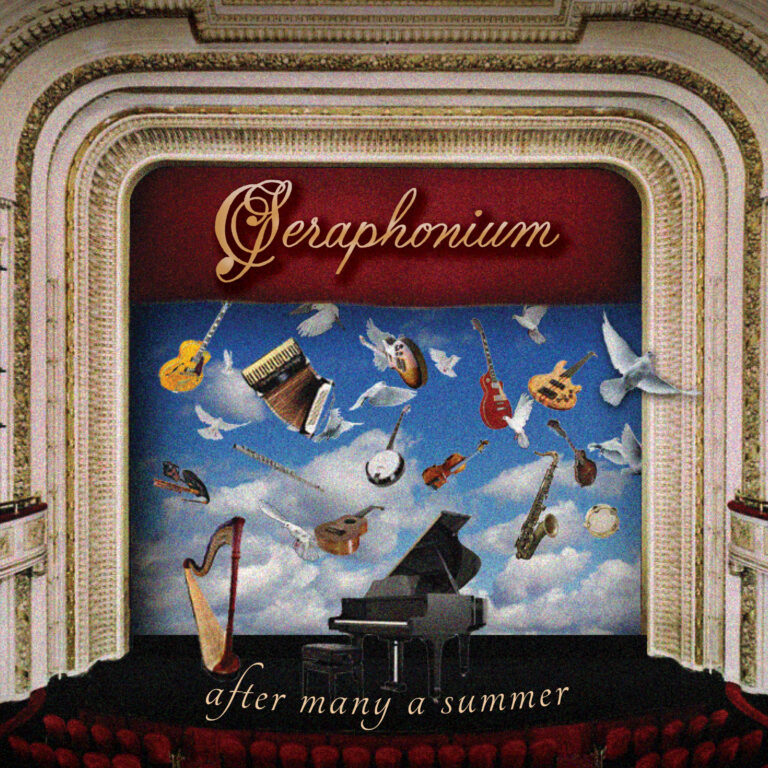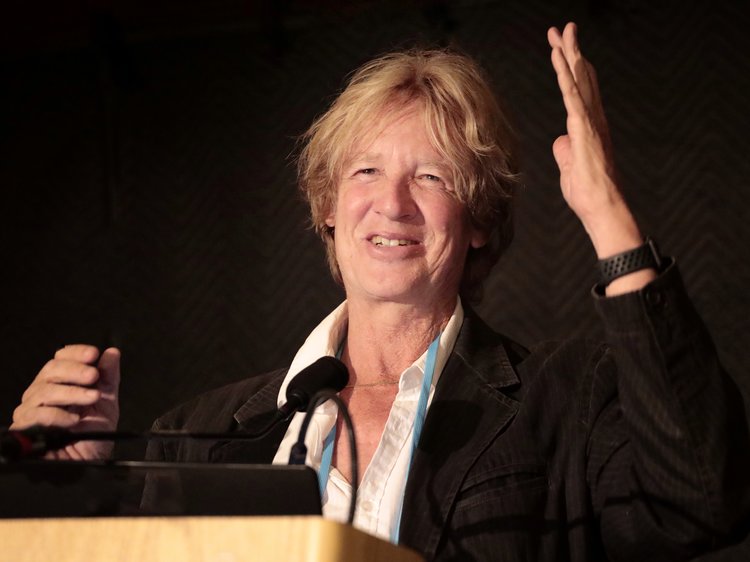Schulz’s passion for accuracy and nuanced detail inspire tales colored by history’s treasure trove of world events, transcendent descriptions of scenery, and the ability to capture the human condition authentically. Each of seven novels, reflective of Monte’s unique writing style and methods, have been inspired by a pursuit of meticulously documented facts, gathered to layer color and depth, create powerful visual sagas.
Each novel transports readers into scenes and conversations amongst characters as if they were participants. This dedication to fact combing and weaving fictional story threads lead to the release of a thousand page Jazz Age novel, published in three parts including the famed Naughty, paved the way for Crossing Eden – a tale of a nation in the last months of the Roaring Twenties – a glittering decade of exuberance and doubt, optimism and fear.
Most recently published is Metropolis, a dystopian, complex novel, that sweeps readers through a whirlwind escapade transcending time, eras, social while navigating world tragedies still relevant – nearly prophetic – of today’s unfolding events.
An avid supporter of his local artistic community, Monte resurrected the Santa Barbara Writers Conference and its decades old community of writers. As the eldest son of Charles M. Schulz, Monte inherited his father’s appreciation for the power of the written word. Both and author and instructor, Monte has taught literary writing style at SBWC and is a lecturer at the College of Creative Studies at the University of California at Santa Barbara (UCSB).
As a multi-talented, creative virtuoso, Schulz is also a composer, songwriter, producer and collaborator. Performing under the name Seraphonium, and to manifest his lyrical and melodic intuitions, Monte marshaled musical collaborations with 72 of the most accomplished and respected musicians from the Los Angeles and Santa Barbara areas. Recorded in Santa Barbara, “After Many A Summer” is an ambitious and sophisticated body of work.
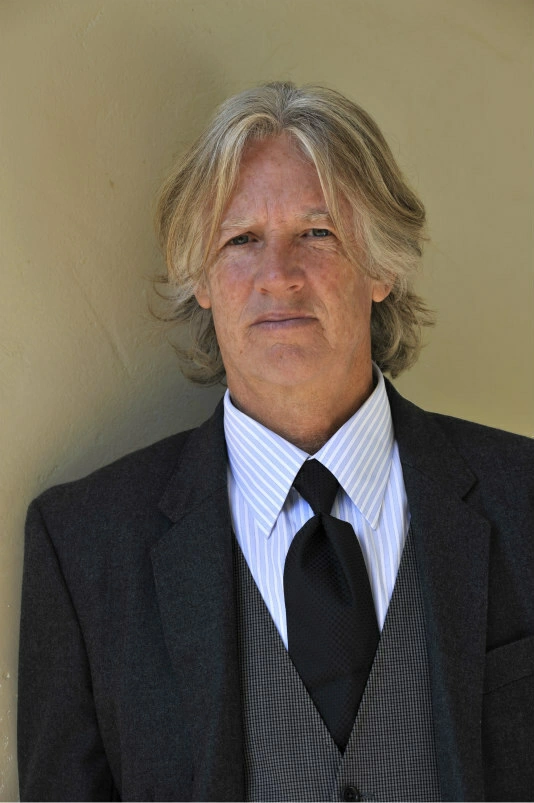
METROPOLIS
 Even now I dream of the airships emerging from those grey clouds at sunset like dark fingers of God on a copper sky above the holy river, Livorna. I can hear distant cathedral bells announcing jubilee across the merrying districts of the metropolis, see myriad flocks of pigeons rising from the Dome of Eternity above the tumult and cheer where a grand civilization gathered to worship its glorious victory over a race of beasts and the end of war. What fools we were, and deceivers, too, ignorant not just of our misdeeds but of our abysmal lack of virtue. Dishonor belonged to each of us without distinction, yet who was willing to concede this guilt? Not one among us, and that is a bitter truth. Sixty years of slaughter and mayhem, millions eradicated, history itself diverted from a soaring enlightenment to degradation and shame, both the corrupt and the innocent swallowed up by darkness and death, and the arrival of the giant airships simply an unexpected dénouement to the sorriest of narratives.
Even now I dream of the airships emerging from those grey clouds at sunset like dark fingers of God on a copper sky above the holy river, Livorna. I can hear distant cathedral bells announcing jubilee across the merrying districts of the metropolis, see myriad flocks of pigeons rising from the Dome of Eternity above the tumult and cheer where a grand civilization gathered to worship its glorious victory over a race of beasts and the end of war. What fools we were, and deceivers, too, ignorant not just of our misdeeds but of our abysmal lack of virtue. Dishonor belonged to each of us without distinction, yet who was willing to concede this guilt? Not one among us, and that is a bitter truth. Sixty years of slaughter and mayhem, millions eradicated, history itself diverted from a soaring enlightenment to degradation and shame, both the corrupt and the innocent swallowed up by darkness and death, and the arrival of the giant airships simply an unexpected dénouement to the sorriest of narratives.
But I don’t intend this to be another morbid tale of war and sorrow. What would be the point of it? We’ve known abject misery for more than a century now, and surely nobody needs to be reminded. No, I simply refuse to wallow any longer in gloom and nightmares. Rather, I have a love story to tell, a beautiful love story, that begins one evening on a cold blustery beach, far from the great metropolis.
CROSSING EDEN
Crossing Eden (Fantagraphics Books) is the story of an American family in the summer of 1929, when a failed businessman divides himself from his wife and children, and a troubled farm boy runs away from home in the company of a gangster.
It’s also the tale of a nation in the last months of the Roaring Twenties, a glittering decade of exuberance and doubt, optimism and fear. Set equally among the states along the Middle Border, in a small East Texas town, and in a great gleaming metropolis, Crossing Eden chronicles the Pendergast family of Farrington, Illinois, cast apart by circumstance into the early 20th century landscape of big business, tent shows, speakeasies, séances, bank robberies, lynchings, murder, romance, circuses, and skyscrapers.
It’s a grand tapestry of the American experience in an age of transition from rural to urban, with our nation perched on the precipice of the Great Depression.
NAUGHTY
Veteran Joe Krueger is drifting in 1950s California when the “sweet and sexy” Ida rents him a room. Joe starts helping out around the boardinghouse, and the two marry. The honeymoon is over when a motel owner and her crippled husband turn up missing, a water softener salesman is shot, and workmen are digging holes in Joe Krueger’s basement. Based on the true story of Iva Kroeger and her husband Ralph, who were indicted for the murders of Mildred and Jay Arneson in 1962, Naughty culminates in a trial: Ida, whose crimes have (only just) begun to catch up to her, is at her zenith, pleading insanity and playing the part to the hilt. The reader learns Joe’s and Ida”s fates via excerpts from authentic court documents.
SERAPHONIUM
Seraphonium, meaning “songs of heaven” (Empyrean Records), is the innovative, musical brainchild of solitary songwriter Monte Schulz. His songs chase melody across genres, from rock to pop, classical to folk to world music. Each tune’s poetic, storied lyrics focus on Monte’s undeniable passion and talent for writing beautiful melodies and powerful, colorful words.
Performing under the name Seraphonium, and to manifest his lyrical and melodic intuitions, Monte marshaled musical collaborations with seventy-two of the most accomplished and respected session and live musicians from the Los Angeles and Santa Barbara areas. Recorded in Santa Barbara and Ojai studios, “After Many A Summer” is an ambitious, sophisticated, cool and complex body of work.
In the tradition of producer-impresario visionary projects, à la Alan Parsons Project and Steely Dan, Seraphonium couples insightful songwriting with undeniable musical performances captured in a state-of the-art recording.
Of this project, Monte says, “I started my creative life as a songwriter and musician. I later became a literary writer. But over the years, music stayed in me, and once my books were published, I returned to songwriting and began recording with the help of the amazing, creative, and technical people that brought life to this project I call Seraphonium.”
“After Many A Summer” is currently available oniTunes including the artistic booklet and lyrics.
THE SANTA BARBARA WRITERS CONFERENCE
An avid supporter of his local artistic community, Monte has been the owner of the Santa Barbara Writers Conference (SBWC) since 2010, and has proudly continued welcoming writers to its 50 year tradition. As the eldest son of Charles M. Schulz, who was an integral part of SBWC with founders Barnaby and Mary Conrad, Monte inherited his father’s appreciation for great literary works and the power of the written word. In Monte’s words:
“Writing may well be a solitary art, but there is a society of writers whose enthusiastic embrace of each other is irreplaceable. Having been part of the Santa Barbara Writers Conference since 1975, I’ve come to see that this has been the true reason for our gathering in June all these years.
We read and listen and share our support for that ongoing enterprise. We applaud each other’s accomplishments, offer consolation during droughts of rejections, and remind one another that putting words on a page is not supposed to be easy or necessarily rewarding to our bank accounts, so much as it is a gift to our soul. We write because we have to, or because it makes us smile, or brings comfort on gray days, or allows us to communicate with our reader that simplest of ideas that we, too, are alive in the world and this is what we think of being here, and what it feels like to be human. We are the messengers and entertainers, the philosophers and sometimes even the bearers of great notions.”
